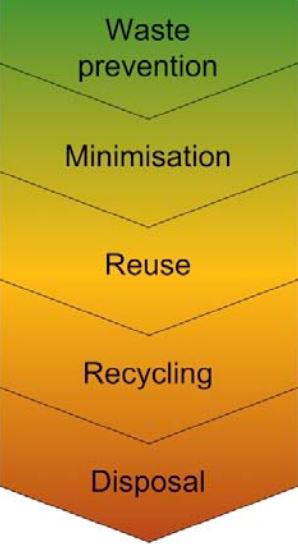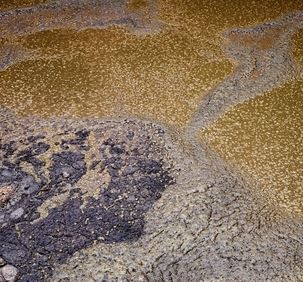Waste Management
Taking care of our customers waste disposal requirements

![]() The Environment Agency (EA), categorises waste as either non-controlled waste or controlled waste. Controlled waste comprises waste products produced from domestic households (municipal solid waste , MSW). It also includes industrial and commercial (I&C)waste and other wastes produced by the construction and demolition industry. Non-controlled wastes on the other hand, include wastes produced by, dredging operations, mines, quarries, farming and agriculture.
The Environment Agency (EA), categorises waste as either non-controlled waste or controlled waste. Controlled waste comprises waste products produced from domestic households (municipal solid waste , MSW). It also includes industrial and commercial (I&C)waste and other wastes produced by the construction and demolition industry. Non-controlled wastes on the other hand, include wastes produced by, dredging operations, mines, quarries, farming and agriculture.
MSW is made up of a variety of constituents such as garden waste and food, various plastics, paper, cardboard, metals, glass and some textiles, all of differing amounts. Most of these components are also generated by industrial and commercial organisations, such as shops and factories, although these producers can also generate high amounts of mineral and chemical wastes, dependent on their particular industry.
Farming and agricultural wastes consist primarily of farmyard manure and slurry , silage effluent, vegetable and cereal residues and large quantities of straw, most of which is spread on land.
Because of inherent characteristics (e.g. exposive, toxic, carcinogenic), some kinds of waste are specified as
Waste Management Strategies
Waste management is highly regulated by strict legislation, including the collection, transportation, production, processing and disposal of waste. Additionally, the remediation of sites involved in various industries has become a very important issue, simultaneously reducing hazards, e.g. contaminated land, whilst preparing these sites for a change of use, petrol stations as an example, brownfield land as another.
Major methods of waste management include:
- Compost Treatment - reducing waste for landfill disposal and incineration, also a useful source of recovered organic matter for use as soil amendment.
- Recycling - conserving resources as a supply of raw materials to industry, whilst diverting waste from landfill disposal.
- Landfill Disposal - a cost effective way of disposing of a problematic waste stream and a valuable source of renewable energy from landfill gas.
Compost Treatment

![]() It is estimated that the food processing industry waste up to thirty percent of raw materials in the production of their value-added products. As landfill sites close, there is an urgent requirement for these industries to cost effectively manage the disposal of this waste. As legislation has phased out some of the former disposal methods, composting can offer a realistic, sustainable solution for dealing with otherwise, problematic organic wastes.
It is estimated that the food processing industry waste up to thirty percent of raw materials in the production of their value-added products. As landfill sites close, there is an urgent requirement for these industries to cost effectively manage the disposal of this waste. As legislation has phased out some of the former disposal methods, composting can offer a realistic, sustainable solution for dealing with otherwise, problematic organic wastes.
Many diverse composting techniques are used in the UK, amongst them open windrow composting, which is highly suitable for the compost treatment of wood waste such as sawdust and shavings and waste cardboard, including paper rich fines.
Factors that determine the suitability of waste wood products for composting treatment, include continuity of supply and economic viability, and the existence of contaminants, such as preservatives, bonding agents, paints, plastics and other chemicals.
Any over sized wood waste must be first processed to produce a required particle size. It should also be noted that potentially high amounts of lignin, contained in the wood, make it slow to compost compared to other compostable wastes.

